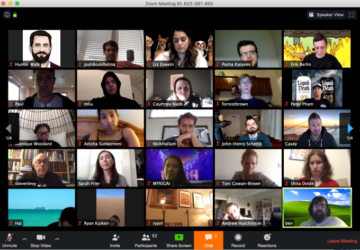 Datto’s latest Global State of the MSP report says that interest across the channel in the managed service model has continued to rise with the coronavirus pandemic only accelerating the trend.
Datto’s latest Global State of the MSP report says that interest across the channel in the managed service model has continued to rise with the coronavirus pandemic only accelerating the trend.
Datto thinks that MSPs are becoming the dominant channel delivery model.
The firm found there was plenty of poitivity among UK managed service providers (MSPs), with 98 per cent thinking “it is good to be MSP right now” and 81 percent reporting that they came through the pandemic with revenues either unchanged or improved.
More than 97 percent of UK MSPs that expected revenues to increase over the next three years.
When it came to hunting out the potential problems, Datto found that revenue growth, competition and profitability were all issues that caused concern for MSPs.



















